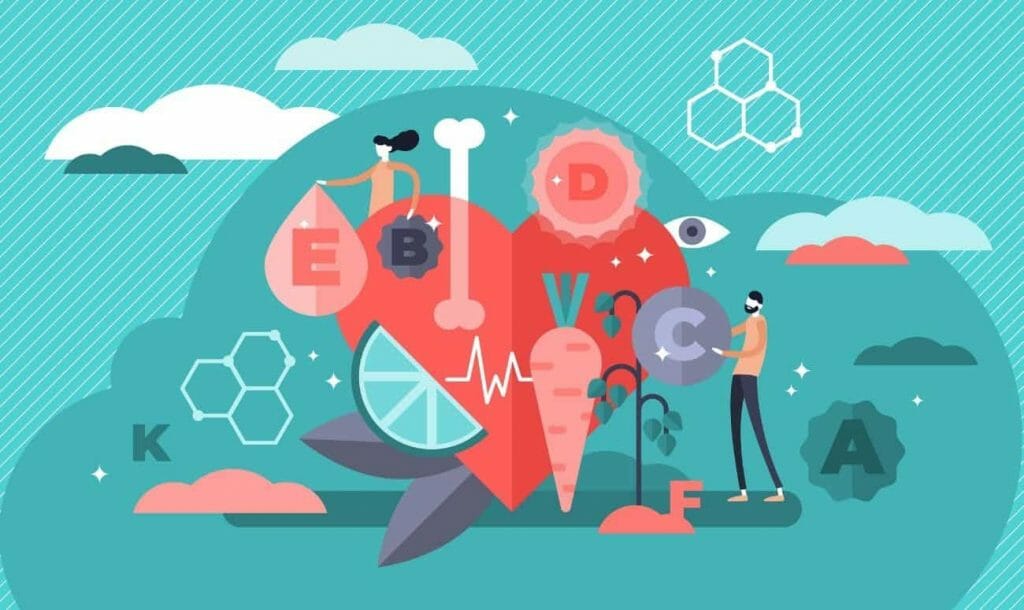Plant-based diets are touted to be one of the healthiest forms of approach to eating, and its benefits extend way beyond weight loss.
A study published in The Permanente Journal of 2016 notes that plant-based diets have gone mainstream — partly because the advantages have been well researched and healthcare practitioners recommend this way of eating as many have seen incredible results from their patients.
However, there are a few nutrients that are low in plant-based food. Here are some of them that must be taken as supplements and are vital to the body.
Vitamin B-12
Vitamin B-12 is crucial for maintaining many bodily processes. This vitamin helps in the formation of red blood cells, helps metabolize proteins, and supports your nervous system to be healthy. People on a plant-based diet must check with their doctors about the levels of vitamin B-12, and iron levels. It is interesting to note that, people absorb Vitamin B-12 differently. The body’s ability to use Vitamin B12 declines with age. You can add the vitamin to your diet by adding nutritional yeast such as tofu or other soy products, soy rice or nut milk.
Omega-3 Fatty Acid
The notorious nutrient is often related to Cod Liver capsules which we hated consuming growing up. This nutrient is something that our body cannot produce and thus it is essential that we consume it through supplements. The benefits include the treatment of depression, Inflammatory Bowel Disease, ADHD and cystic fibrosis. The essential nutrient is found in fish, fish oil, flaxseed, canola oil, microalgae and soy products. For someone on a plant-based diet, algae oil seems to be the best option as a supplement.
Iron
One of the most important nutrients is Iron. It is crucial in building healthy blood cells, and help them carry oxygen throughout the body. Iron is of two types: heme and nonheme. Heme comes from animals whereas nonheme comes from plants. Heme iron is easier to absorb and use. Additionally, getting plenty of Vitamin C also increases the intake of iron. Eating enough food may mean that there’s no need for supplementation. In case you need to supplement your intake, you can eat, nuts, legumes, whole grains, seeds, dried fruits, dark and leafy vegetables.
Calcium
Another vital nutrient is calcium that someone on a plant-based diet may be lacking. It plays an important role in bone and teeth formation, muscle formation and heart health. Calcium levels are the lowest in people on a plant-based diet, compared to omnivores and vegetarians. To supplement your diet, they can eat more chickpeas, plant-based milk, dark leafy greens such as bok choy and watercress. Taking Vitamin D along with your diet may help boost its absorption.
Zinc
Your immune system and metabolism thrive on zinc which makes it a very important nutrient. While not all vegans have low zinc intake, a 2013 systematic review and meta-analysis noted that vegans and vegetarians tend to have lower overall zinc levels. There are a few plant sources for zinc, such as nuts, legumes, seeds, oats. However, these sources of zinc which occur in legumes and cereals impair the absorption of zinc so one must be careful in terms of supplements.
If you’re new to a plant-based diet, this guide is the perfect place for you to start and we hope it helped you understand the dietary needs and supplements better.
Read more: Is Gluten Messing Up With Your Thyroid
Like & Follow ThinkRight.me on Facebook, Instagram, Twitter, and Telegram to stay connected.






























